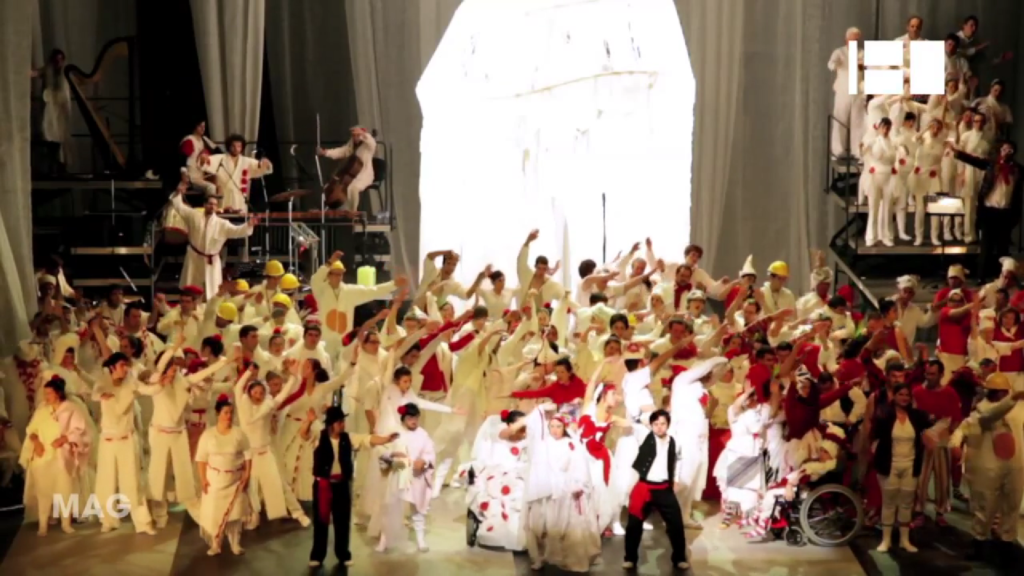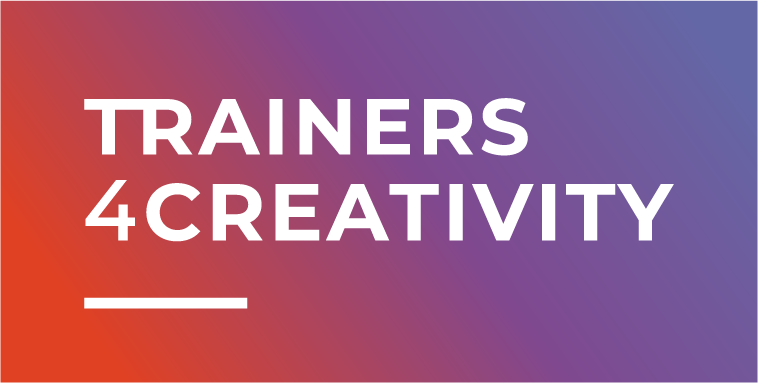Physical disabilities
Not everyone has equal access to culture either as a consumer, or as an amateur or professional contributor. People with disabilities can face particular barriers owing to the inaccessibility of cultural premises, venues or content. People in wheelchairs cannot attend a concert if the only way into a hall is up a flight of stairs; blind people cannot appreciate exhibits in a museum if there are no descriptions in accessible audio or electronic format or in Braille print; and a deaf person cannot enjoy a film in a cinema if there is no subtitling or sign-language interpretation.
People with disabilities and especially youth should have equal access to culture opportunities, events, and be able to enjoy cultural life on a par with all citizens.
Also at European Level the European Parliament called for an inclusive society in which the rights of people living with disabilities are protected and where there is no discrimination.
In June 2020, Parliament set out its priorities for a new post-2020 EU Disability Strategy, building upon the European Disability Strategy for 2010-2020. The EU disability strategy is a strong step in this direction. It also covers the cultural rights of 80 million people with disabilities in the EU. According to a public consultation on disability issues carried out in accordance with the recommendations of experts from the Member States working on access to culture, such access is an important area that the EU should address. Various EU funds contribute financially to research and innovation, cultural and infrastructure projects, and programmes promoting the right to cultural life of people with disabilities within this framework.
In March 2021, the Commission adopted the Strategy for the Rights of Persons with Disabilities 2021-2030 encompassing Parliament’s main recommendations:
- The mainstreaming of the rights of all people living with disabilities into all policies and areas including cultural life
- Recovery and mitigation measures to avoid people with disabilities getting disproportionately affected by health crises such as Covid-19
- Equal access for people with disabilities to health care, employment, public transport, housing
- The implementation and further development of the EU disability card pilot project, which allows for the mutual recognition of disabilities in some EU countries
- People with disabilities, their families and organisations were part of the dialogue and will be part of the process of implementation



